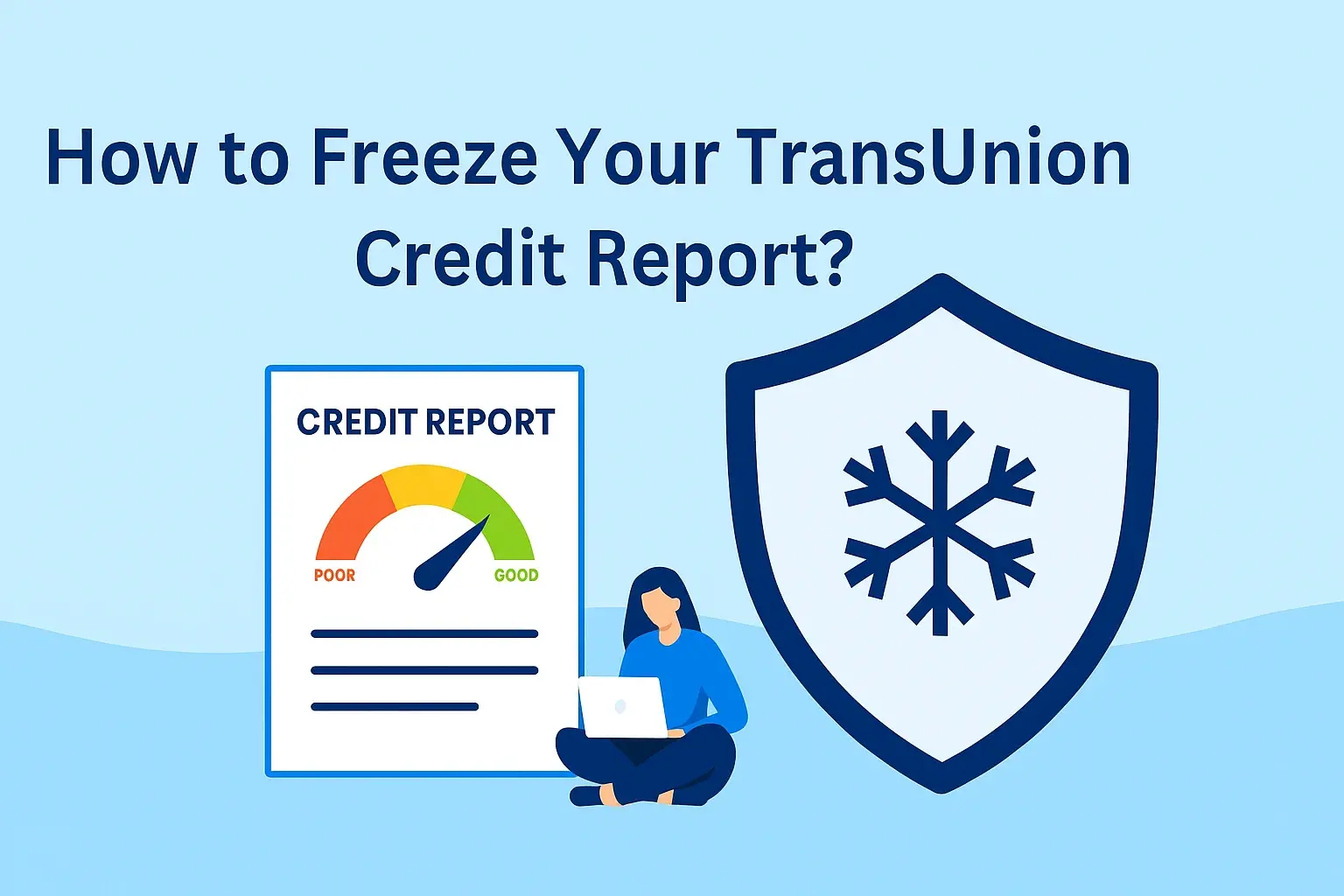-
Posted on: 31 Jul 2024
-
A credit score is one of the most powerful tools for your creditworthiness, including lenders, landlords, insurance companies, etc. A credit score is high when one demonstrates high creditworthiness hence the ability to pay when due while low indicates high risk. Thus, an individual must keep an eye on his/her credit score and check if he/she is getting the correct score or not, and if not then work towards rectifying it.
However, there is a major myth that holds that you are likely to hurt your credit score if you check it frequently. This simply isn’t true when you use reputable services. Not only is it safe for anyone to run their credit to identify any mistakes or fraudulent activities. Continue reading to find out how one can monitor credit score without it affecting the credit score.
Check Your Credit Report
Although the credit report that one receives from each of the three main CRAs (Equifax, Experian, and TransUnion) does not list the actual credit score, it is still useful to check the information to make sure it is correct. By going to the web either known as AnnualCreditReport. Com, you can get one free copy of the credit report from each of the agencies in any one year. Double-check all accounts, balances, payment histories, and anything that one can view on the accounts. This way, any suspicious activity or error on the report can be reported in time, to prevent further damage to the score.
Use Reputable Online Services
Some internet-based firms offer credit scores and credit reports in a fast and efficient way. These scores are based on the same credit report data as lenders but may be different due to the unique method of calculating a credit score. Nevertheless, to get hold of the score from such reliable sources as Credit Karma, WalletHub, or Credit Sesame, does not alter the number. These services work with a soft inquiry, where your pulling of the credit report is not considered a hard inquiry. They also offer the tools for tracking and scores of the simulation, giving the example of how a specific financial decision might affect your credit.
You can sign up for Free Score Previews.
Chase, Citi, Discover, and other issuers that have provided you with the cards may include this feature in their online account access. Most credit card companies are now allowing their clients to get their scores updated every month, and the scores are available on request. These programs also employ soft inquiries, so they will not affect your credit scores and enable you to monitor them often. You might also want to try to reach out to your credit card company and inquire if they’re still implementing free score preview programs, even if it’s not stated online.
As a last step to the lessons, it is recommended to attempt Educational Credit Score simulations.
Some websites give sample score estimations, and they are usually sponsored by the government, such as the Consumer Financial Protection Bureau and the Federal Trade Commission. Though not as good as a real credit report, these will give you an idea of score levels depending on variables such as income, credit history, and balances. The various types show how enhancing certain aspects of personal financial management such as timely payment of bills enhances scores on completion. This means that these estimations will not affect the real number that is being estimated but will be of great benefit in terms of education.
Yielding to such pressures, some credit card companies entice consumers to sign up for score-monitoring services that may not necessarily benefit them in the long run.
If you need to monitor your credit score often and view full credit reports, then opting for multi-bureau credit monitoring services may be beneficial for you. While there is no free credit report service, IdentityForce, Credit Sesame, and MyFICO offer membership services where members receive full credit report data from the three major bureaus monthly and credit scores. In addition, depending on the type of service provided, there may also be additional features such as Identity theft insurance and resolution services. Even report and score summaries, which are available to the public, are fee-based while full access comes with paid subscriptions.
Minimize Unnecessary Hard Inquiries
Credit score pulls that harm a credit score occurs when an applicant applies for a new line of credit, such as a credit card or loan. The problem with hard inquiries is that when several of them are made within a fairly short period, this is going to draw attention from lenders. Pre-screening tools should be used to gauge the probability of approval before the submission of actual applications so that you can estimate the effects that you are likely to record on your scores. The concept of ‘Credit Use’ is such that you can compare shopping mortgages and auto loans within a limited time and it will be regarded as only one hard credit check. Also, request your lenders to check your credit again with the same hard inquiry if you rejected your application, instead of conducting another inquiry.
Check Reports and Scores to review at certain times wisely
In general, it is wise to check your entire reports from all three bureaus at least once per year to ensure that there are no inaccurate entries. Review scores from online services and credit card or bank statements every month to track security changes and the effects of financial dealings. In particular, refrain from submitting formal credit applications as often as possible, keeping in mind that they result in a hard inquiry. The best way is to monitor the score often and at the right time to correct certain things that might have pulled down the score but without any further impact. Keeping track of it and its fluctuations further results in improved rates and financial health in the long run.
Don't let bad credit hold you back—contact us at (888) 803-7889 now!










